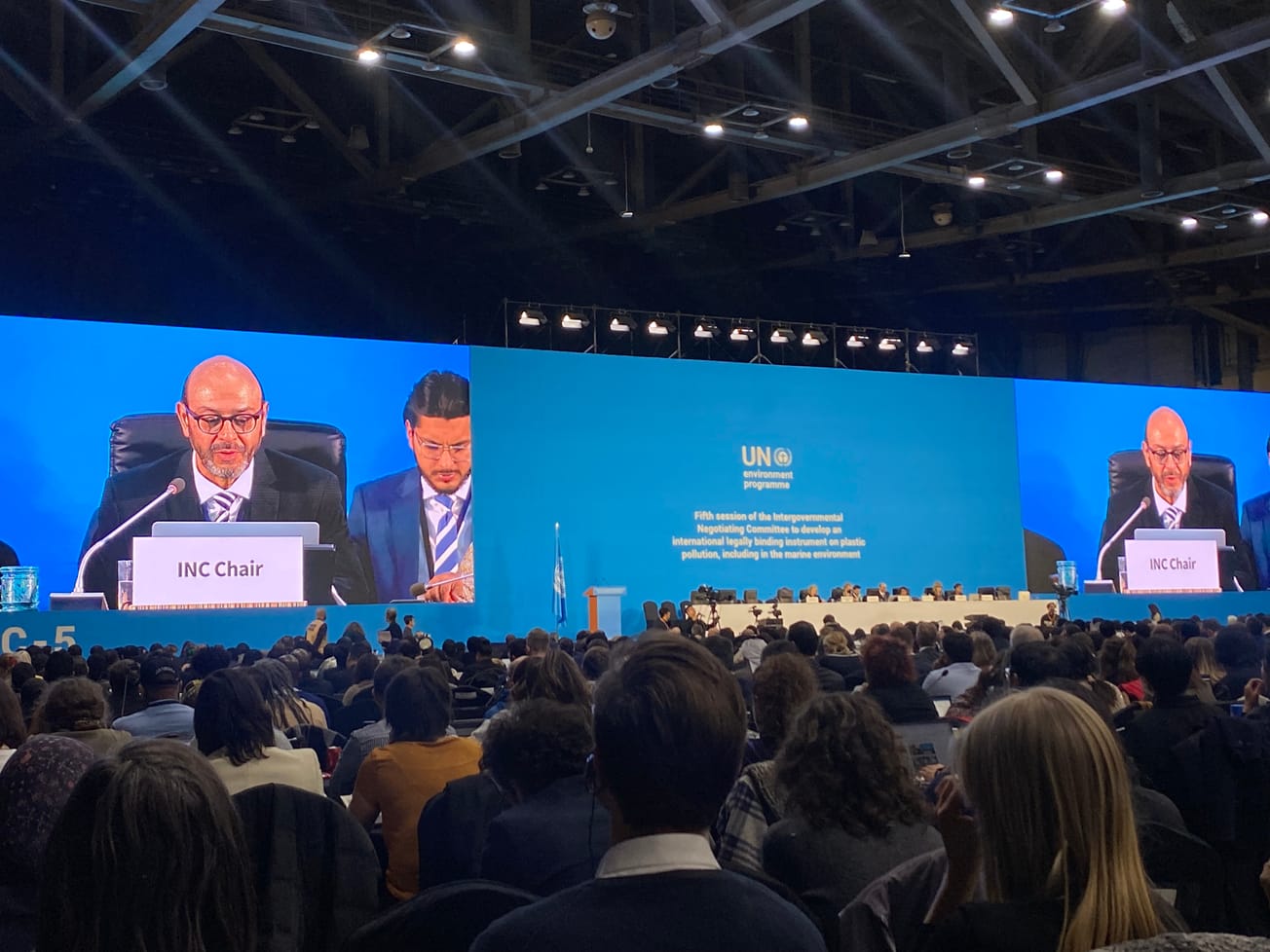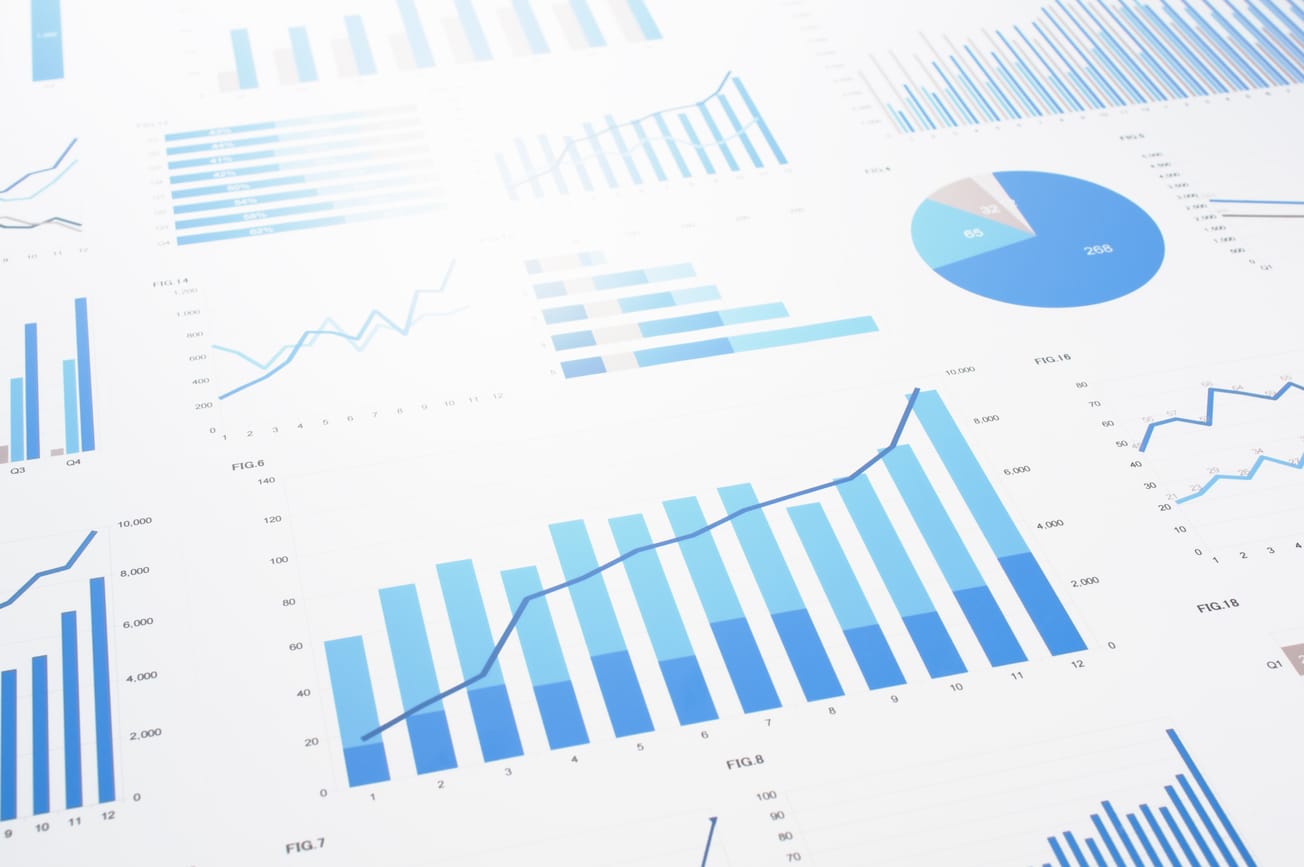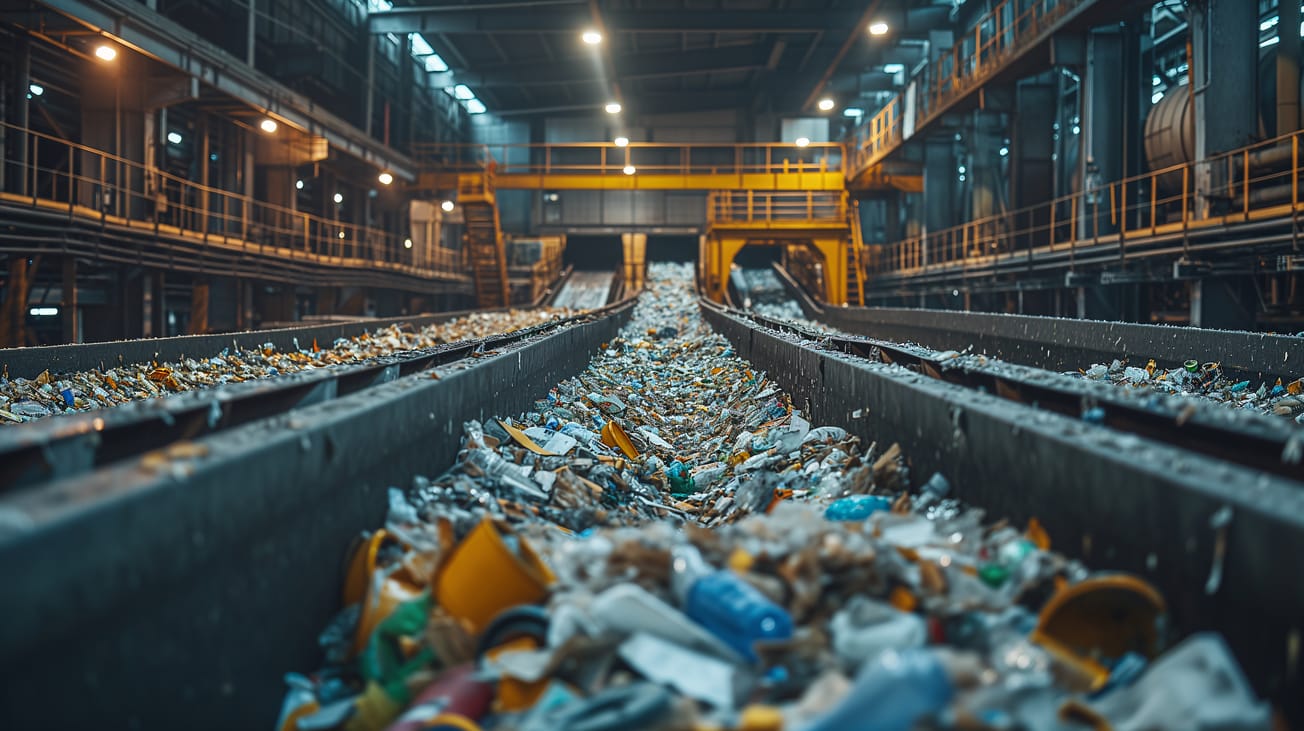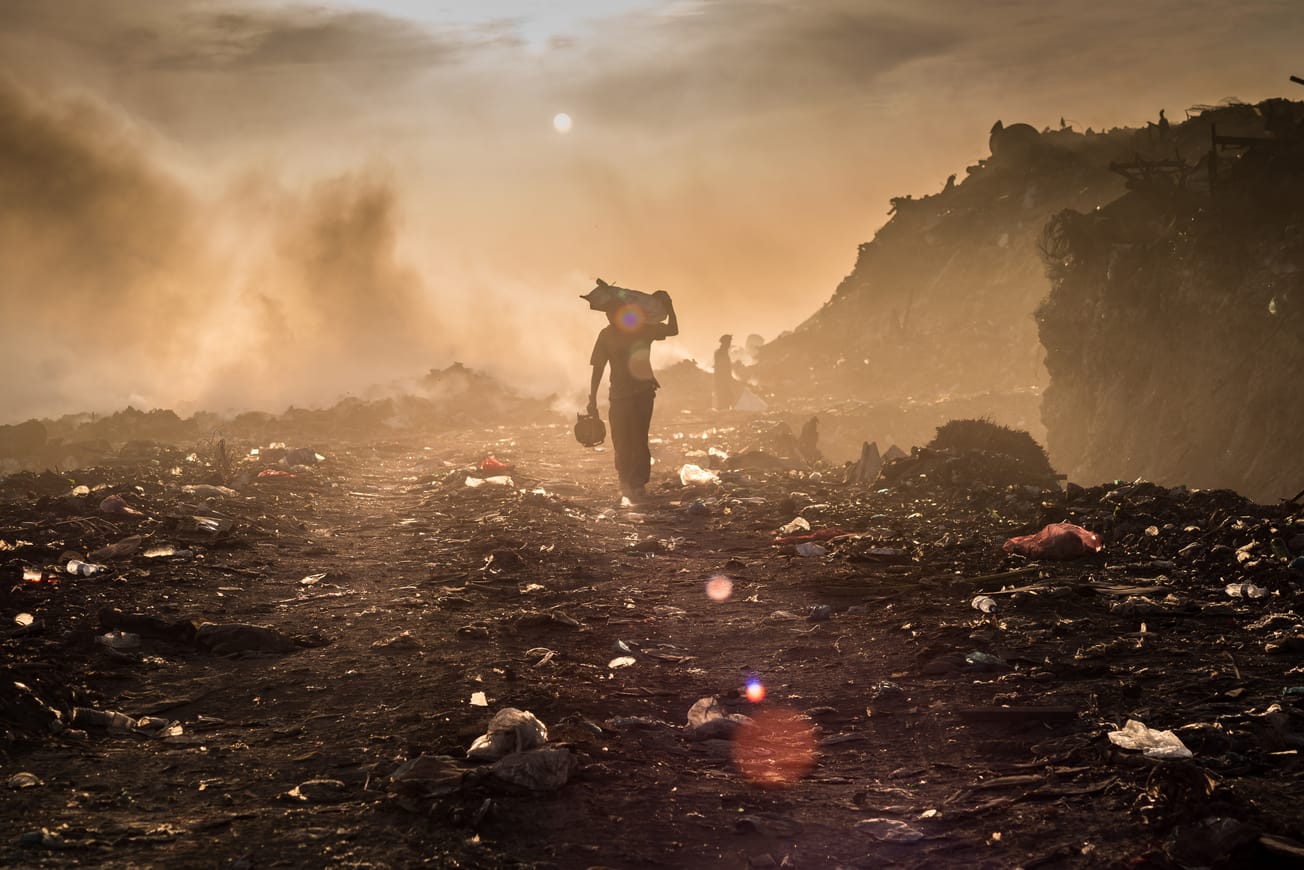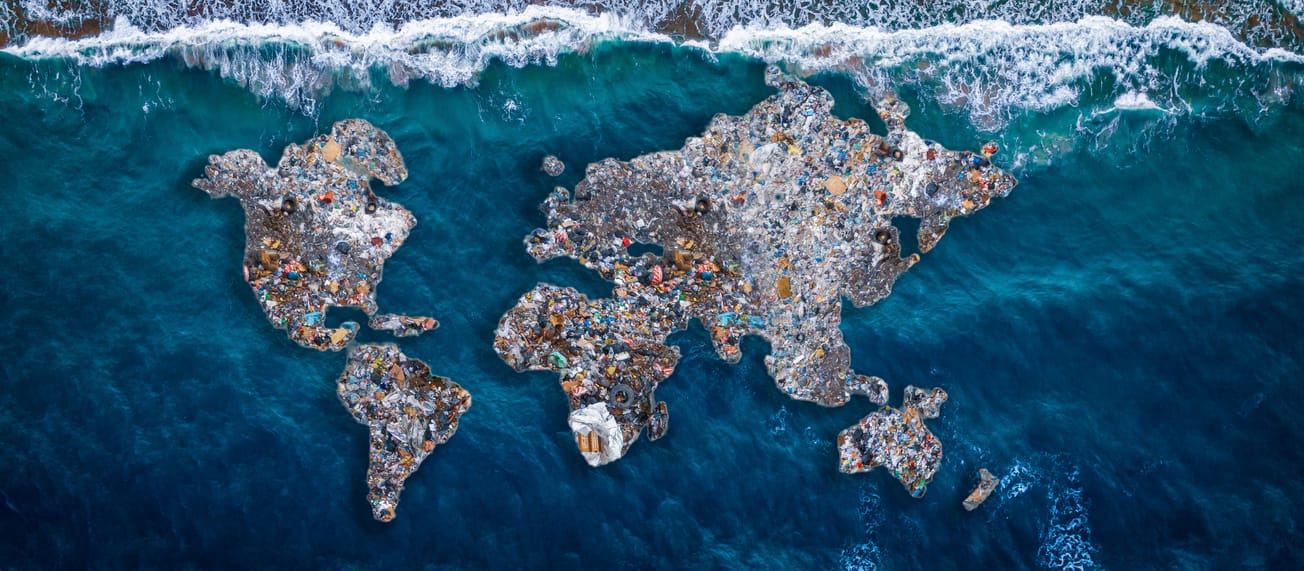Authors: Bella Charlesworth, Randika Jayasinghe and Eliza Northrop
The fifth [and not final] session of negotiations for the legally binding instrument to end plastic pollution (INC-5) finished last week in Busan, Republic of Korea without a final agreement.
While many were disappointed that a final text could not be agreed on, statements made by high ambition countries during the final plenary affirmed that no treaty is better than a weak treaty.
"We did not accept a weak treaty here, and we never will"
- Panama, on behalf of over 100 Member States seeking an ambitious treaty.
"A weak treaty should not be our legacy and plastic should not be our future."
- Fiji delegate.
Key outcomes from Busan
- Chair's text as a foundation: Despite not reaching final agreement, delegates accepted the latest Chair's Text as the basis for future negotiations. This is an important step forward that provides structure for continued discussions, though the entire text remains in brackets.
- Three major sticking points: Negotiations revealed persistent divides on:
- Controls on plastic production and supply
- Regulation of chemicals of concern in plastic products
- Responsibility for providing financing and means of implementation
- Growing Coalition support: Notable coalitions emerged between Member States, with 85 countries supporting production limits, 95 backing regulation of chemicals of concern, and 110 developing nations uniting behind a proposal for a dedicated financial mechanism. Strong statements came from Rwanda, Panama and Mexico during the final plenary, which set the scene for the work of the ambitious countries in the months ahead.
What's next?
As delegates look forward to the resumed session (INC-5.2), which will take place in 2025 [location and time to be confirmed], Member States will need to review the latest Chair’s text, prepare positions on key provisions and conduct stakeholder consultations and informal diplomatic discussions, amongst many other tasks.
The role of data
The success of any global plastics treaty will ultimately depend on robust mechanisms for transparency, accountability, and reporting. This language was retained in sections of the latest Chair’s text, however additions can be made to strengthen the requirements throughout the future text, including:
- Evidence-based decision making: provisions for scientific and technical bodies, as proposed by SIDS, who will assess progress and make recommendations based on the best available science.
An institutional framework is needed "to tackle this global challenge, we need subsidiary bodies to provide objective, evidence-based recommendations and advice, including on how well the treaty performs over time..."
- Vanuatu on behalf of Pacific Small Island Development States (PSIDS).
- Regular review mechanisms: periodic review is necessary to assess the interventions made by countries and their effectiveness in achieving the objectives of the instrument.
- Transparent reporting: clear obligations for Parties to report towards in a timely and coherent manner.
- Data infrastructure: requirements to establish national data infrastructure that enables countries to track the flow of plastic across the lifecycle into and within national economies, including production, consumption, waste management, and environmental release.
This all must be supported by adequate financing and collective capacity-building to ensure equitable, evidence-based decision-making and policy.
The resumed session in 2025 presents a crucial opportunity to finalize an agreement that matches the scale and urgency of the plastic pollution crisis.
Support available
The Global Ocean Accounts Partnership (GOAP) Secretariat, UNSW Centre for Sustainable Development Reform and its partners will continue to support Member States to develop the evidence base needed to manage plastic pollution. Resources developed so far for Member States include:
- The Plastic Data Checklist & User Guide: a first-step assessment of the availability and reliability of national data on plastics. This can help countries to identify gaps and areas to prioritise finance and capacity building.
- The Global Plastic and Waste Data Tracker: a complete assessment of national datasets publicly available for all countries to support them in their assessment of plastic flows throughout the lifecycle.
For more information on support and resources, please contact info@oceanaccounts.org


